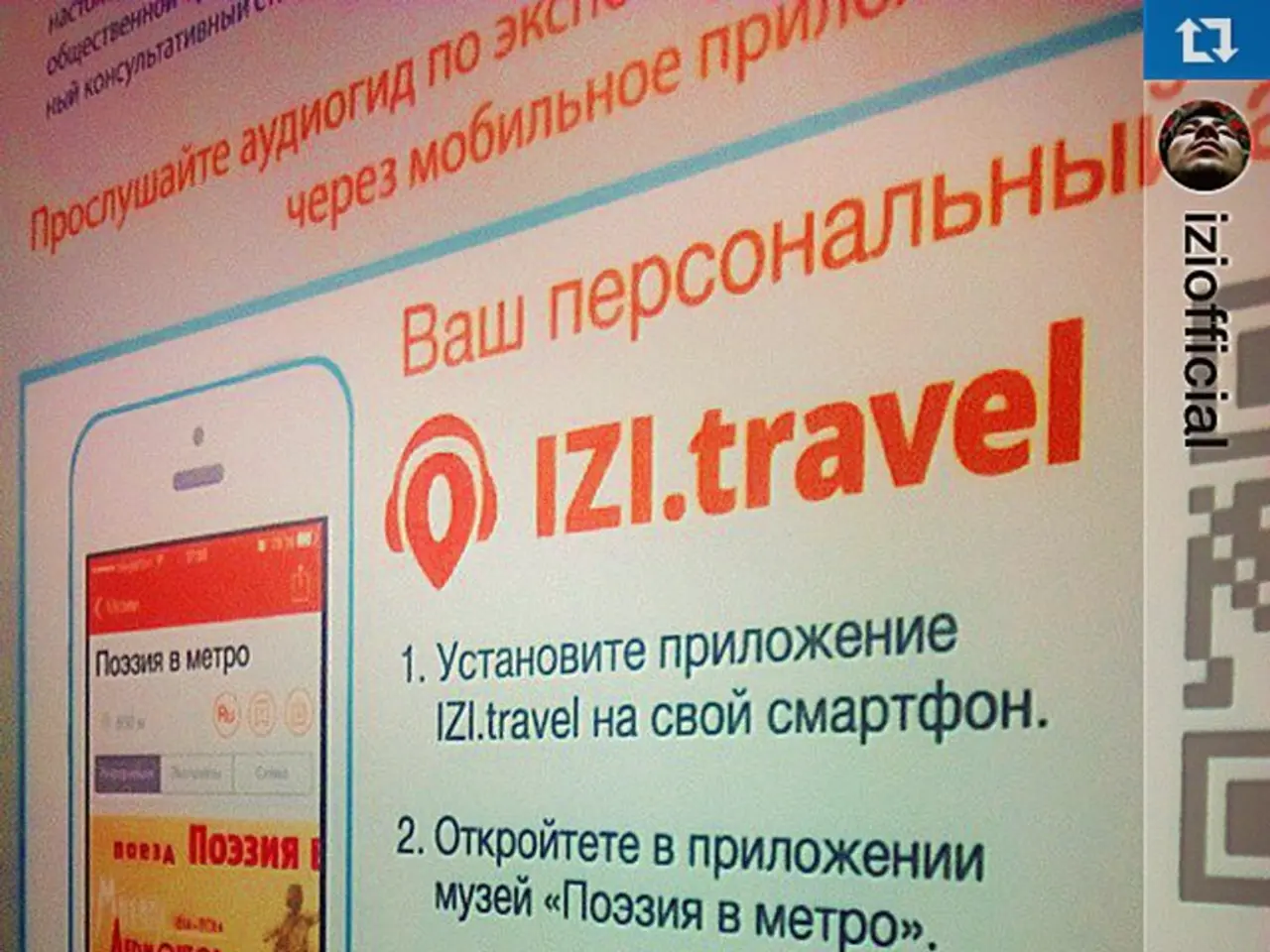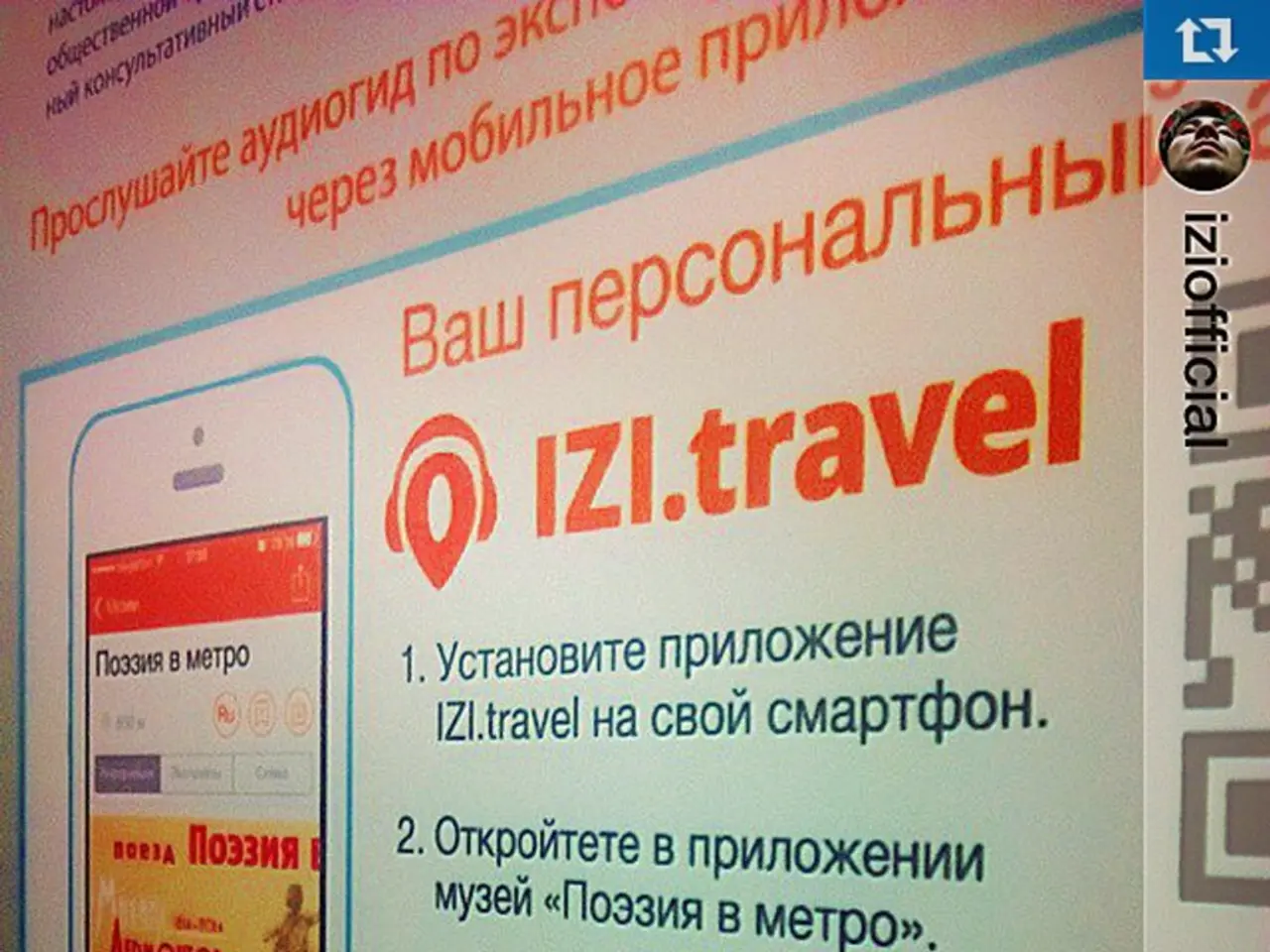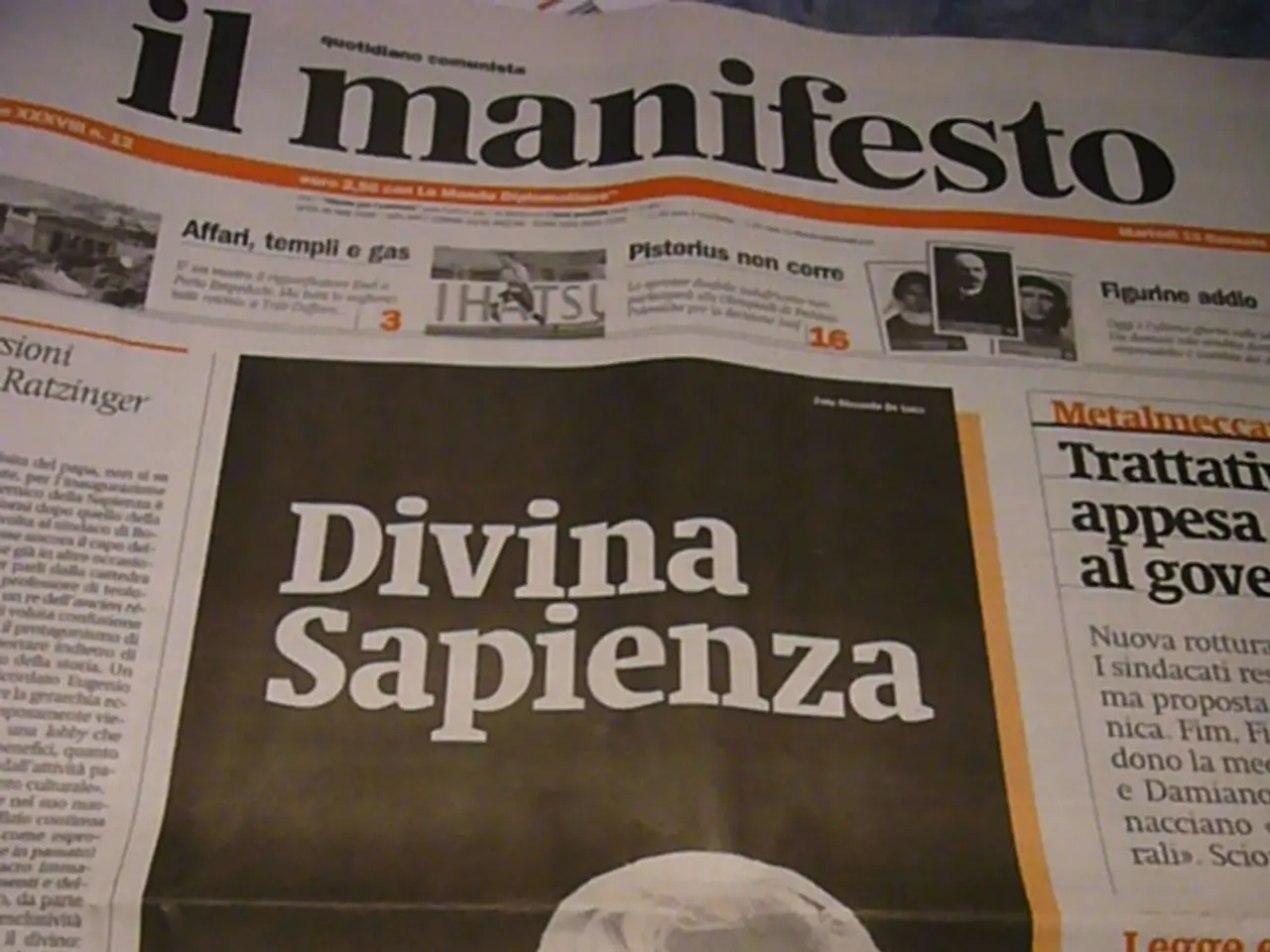Russians anticipate penalties and increased vehicle taxes
In Russia, a new law targeting individuals who intentionally search for or access materials classified as "extremist" online has been signed by President Vladimir Putin. The fines for such actions range from 3,000 to 5,000 rubles, approximately equivalent to $38 to $64.
This law, which is part of a broader post-2022 internet censorship intensification in Russia, also covers the use of VPNs (Virtual Private Networks) to bypass censorship and access blocked content. Using VPNs to intentionally search or access extremist material is also punishable under these provisions.
The list of extremist content, maintained by Russia's Ministry of Justice, contains thousands of items and includes various types of content such as songs, blogs, and images. It is important to note that the fines apply only when deliberate intent to access extremist materials is proven by a court.
The legislation has been criticized for its broad and vague definitions and potential chilling effect on access to information. It is expected to come into effect in September 2025 after passing the upper house and being signed by the president.
In addition to the fines for extremist content, the Russian government is also introducing new automotive tariffs and offering credit holidays for small businesses and self-employed individuals. The specifics of these measures, however, have not been detailed in the provided information.
This news was reported by the "Khabarovsk Krai Today" news agency and the "Parliamentary Newspaper". It is a significant development in Russia's ongoing efforts to regulate online content and protect its citizens from extremist materials.
The Russian government is expanding its online censorship with a new law, targeting individuals who search for or access extremist materials, which also includes using VPNs. The fines for such actions range from 3,000 to 5,000 rubles ($38 to $64). The legislation, set to take effect in September 2025, has been criticized for its broad and vague definitions, potentially chilling access to information. Beyond this, the government is introducing new automotive tariffs and offering credit holidays for small businesses and self-employed individuals, details of which are currently unclear. politics, policy-and-legislation, finance, industry, transportation, automotive, general-news




